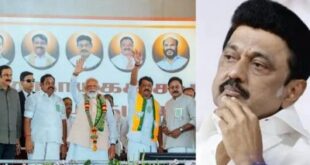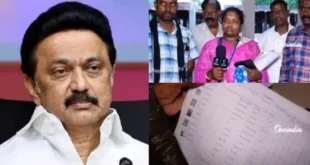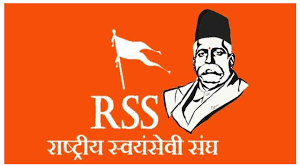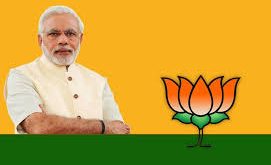A legislative attempt to reform the management of Waqf properties has spiraled into a national controversy, with violent protests and political finger-pointing erupting across several Indian states. The recently passed Waqf Amendment Act, 2025, introduced by the BJP-led government as a measure to bring transparency and fairness to religious land holdings, has instead become the flashpoint for a broader ideological clash.
Legislation Meets Resistance
Touted by the ruling Bharatiya Janata Party as a much-needed overhaul to combat alleged corruption and monopolization in Waqf property dealings, the new amendment has provoked a fierce backlash from radical elements. The intensity of opposition has caught many by surprise, revealing simmering tensions within certain sections of society.
Violence Erupts in Murshidabad, West Bengal
The most alarming scenes played out in Murshidabad, West Bengal, where violence erupted after Friday prayers. According to police reports, Hindu communities were targeted, shops vandalized, and several families forced to flee amid mob attacks. Incidents of stone pelting, arson, and communal threats have prompted heavy deployment of security forces, with over 150 arrests made so far. Local authorities are on high alert, as tensions continue to simmer.
Viral Video Sparks Outrage
A video circulating widely on social media has added fuel to the fire. In the clip, a man is heard making a hate-filled statement against Hindus, describing them as “kuttas” (dogs) and warning of future violence. The BJP has cited this as damning evidence of growing extremism and demanded immediate action. Party leaders including Suvendu Adhikari, Sukanta Majumdar, Dilip Ghosh, and Abhijit Gangopadhyay have sharply criticized the TMC government’s alleged inaction.
Nationwide Protests: From Mumbai to Hosur
The unrest has spread beyond Bengal. Mumbai, Hyderabad, Kolkata, Patna, Silchar, Lucknow, and Hosur in Tamil Nadu have all witnessed protests. While most demonstrations remained peaceful, instances of violence were reported—particularly in Silchar, where over 400 agitators clashed with police.
In Hyderabad, protestors called on CM Revanth Reddy to oppose the legislation, while in Delhi’s Jama Masjid, demonstrators voiced their disapproval through non-violent gatherings. Yet, across many cities, a common undertone was clear: any attempt at reforming religious property laws will face stiff resistance on the streets.
BJP Reaffirms Commitment to Reform
The BJP has doubled down on its stance, insisting that Waqf Boards cannot operate above constitutional norms. Party leaders claim the Act is designed to democratize access to Waqf properties, especially for marginalized Muslims such as the Pasmanda community, and break the grip of what they describe as a nexus of dynastic clergy and land mafias.
Political Fallout: Accusations of Appeasement
Opposition parties, including the Congress, TMC, and AIMIM, have come out strongly against the Act. However, their silence on the communal violence and inflammatory rhetoric from radical groups has drawn criticism. BJP spokespersons have accused these parties of indulging in vote-bank politics while compromising national cohesion and security.
Controversial Comparisons and Strong Words
The political rhetoric has only escalated. BJP leader Tarun Chugh compared West Bengal Chief Minister Mamata Banerjee to a “modern Jinnah,” alleging that her administration has enabled targeted violence against Hindus. He referenced the deaths of three people in Murshidabad and claimed the violence was systematically ignored. Echoing this, BJP’s Shehzad Poonawalla termed the events as “state-sponsored violence,” linking them to temple desecration and forced displacement.
The BJP’s Bengal unit posed a direct question: “Why hasn’t Mamata Banerjee condemned hate speech against Hindus? Is her silence a form of approval?”
Government to Launch Awareness Campaign
Despite the unrest, the central government remains firm on its legislative decision. The Waqf Amendment Act will not be rolled back, senior BJP officials confirmed. Instead, the party is launching a ‘Waqf Reforms Awareness Campaign’ from April 20 to May 5, aimed at dispelling misconceptions and informing the Muslim community about the benefits of the new provisions.
Conclusion: BJP Signals Resolve Amid Unrest
From Delhi to Murshidabad, the message from the BJP is clear: it will not bow to street pressure or political criticism. With law and order now a primary focus, the party hopes to shift the narrative from chaos to reform, and from sectarian friction to equitable governance.
 Newspatrolling.com News cum Content Syndication Portal Online
Newspatrolling.com News cum Content Syndication Portal Online







